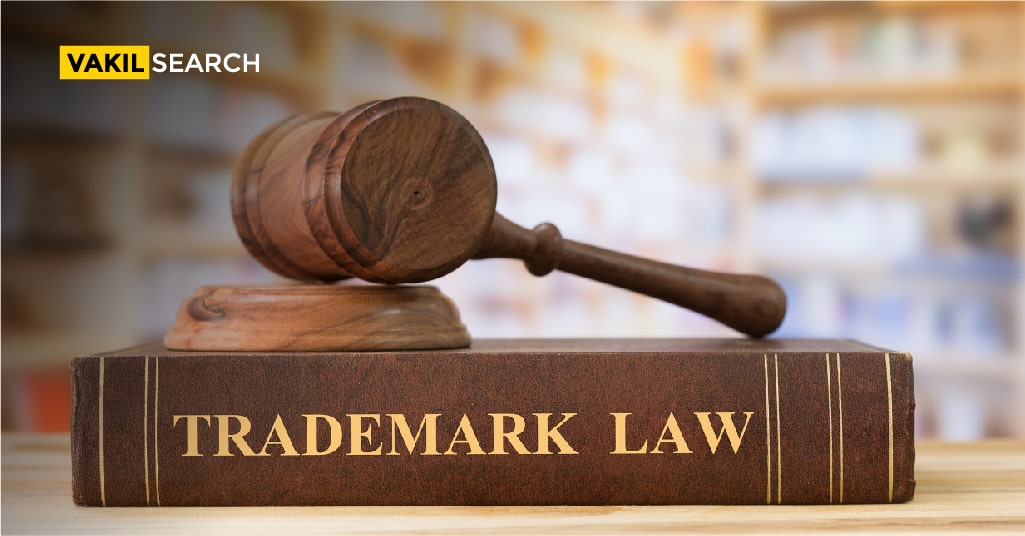Find all you need to know about the main components of intellectual property law in India, in this exclusive blog post curated by Vakilsearch experts.
Intellectual property (IP) law refers to the legal protection of various forms of intellectual property, including patents, trademarks, copyrights, and trade secrets. IP laws are designed to encourage innovation, creativity, and investment in new ideas by granting exclusive rights to creators and owners of intellectual property. There are three main components of IP law that govern the protection and enforcement of intellectual property rights:
Patent Law
Patent law is a subset of IP law that protects inventions and discoveries. Patents provide inventors with exclusive rights to their inventions, including the right to manufacture, use, and sell the invention for a certain period of time. In the United States, patents are granted by the United States Patent and Trademark Office (USPTO) and are valid for 20 years from the date of filing.
To be eligible for a patent, an invention must be novel, useful, and non-obvious. The patent application must also meet specific requirements and include detailed descriptions of the invention, including how it works, what it is used for, and how it is made.
Patent law is essential in promoting innovation and encouraging investment in research and development. By granting inventors exclusive rights to their inventions, patent law provides inventors with an opportunity to recoup their investment and profit from their inventions, thereby encouraging further innovation.
Copyright Law
Copyright law protects creative works such as music, literature, art, and software. Copyright owners have exclusive rights to reproduce, distribute, and display their works, as well as create derivative works based on the original work. In the United States, copyrights are granted automatically to the creator of the work and are valid for the creator’s lifetime plus 70 years.
To be eligible for copyright protection, a work must be original and fixed in a tangible medium of expression. This means that the work must be in a physical or digital form that can be perceived, reproduced, or communicated.
Copyright law plays an essential role in promoting creativity and artistic expression. By protecting the rights of creators, copyright law provides a strong incentive for artists, writers, musicians, and other creators to produce new works and share them with the public.
Trademark Law
Trademark law protects brand names, logos, and other distinctive marks used in commerce to identify the source of goods or services. Trademarks provide businesses with exclusive rights to use their marks and prevent others from using similar marks that could confuse consumers or dilute the value of the brand. In the United States, trademark registered with the USPTO and are valid as long as they are used in commerce.
To be eligible for trademark protection, a mark must be distinctive and used in commerce to identify the source of goods or services. Generic or descriptive marks that are used to describe the product or service are not eligible for trademark protection.
Trademark law is crucial in promoting consumer protection and preventing unfair competition in the marketplace. By allowing businesses to protect their brands and prevent others from using similar marks, trademark law helps to ensure that consumers can make informed choices and that businesses can compete fairly in the marketplace.
In addition to these three main components, there are other forms of IP law, including trade secret law and industrial design law. Trade secret law protects confidential information that provides a competitive advantage, such as customer lists, manufacturing processes, or formulas. Industrial design law protects the visual appearance of products, such as the shape, color, or pattern of a product.
The Takeaway
In conclusion, intellectual property law is an essential part of modern business and innovation. By protecting the rights of inventors, creators, and businesses, IP law promotes creativity, encourages investment in new ideas, and fosters fair competition in the marketplace. Understanding the three main components of IP law in depth is essential for all business owners, creators and innovators.
If you have any more questions reagrding this subject or want to learn more get in touch with out IP law experts. Give us a call today!
Read more,










